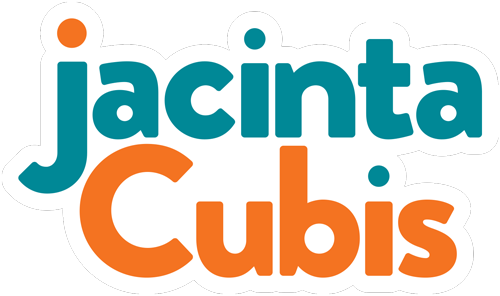A facilitation lesson to remember
I love distractions. My latest has been old photo albums, from the days when phones were only connected by landlines and we’d never imagine that in the future we’d hold one in our hands and it would take photos.
As I stack our new bookshelves, I kid myself that I’m doing a necessary domestic work. But each album is a pleasure trip back to moments captured on film, the memorable and the mundane.
And I see so many things that I missed at the time, and I thought this one would interest you.
It’s only now as I look at the old photos that I realise I had one of my most important lessons about facilitation, sitting on the well-swept dirt floors of homes in rural Zambia, Timor-Lest and Cambodia, among other countries.
Facilitation guides, Western Province, Zambia, 1997, Jacinta Cubis
I was there to take photos and get stories in my communications role with an aid agency. With my cameras slung around my neck and my notepad at the ready, it struck me how my aid-worker colleagues did more listening than talking in their conversations with people. Two of them are pictured here.
They listened to endless stories of people living on less than a dollar a day, without running water and sanitation and no stable income. Often, they were also dealing with the aftermath of a flood, drought or humanitarian emergency.
They listened with respect and empathy. Their questions were thoughtful and seemed to enable information and ideas to ‘well up’ out of the people whose lives our partners in each country were working to improve.
I don’t think I realised it at the time but looking back, I can appreciate that their respective approach to the conversation – listening and just a few of the ‘right’ questions - drew out people’s best thinking and ideas in a way that I now know are just some of the hallmarks of a facilitator at their best – as a guide.
A facilitator at their best helps a group do their best thinking to achieve their purpose in three ways. The group has the expertise. They guide, ask and empower groups to respond, contribute and create ideas and solutions together.
Life has so many lessons for facilitation. Facilitation is, after all, a life skill, not just a must for the work place. If you’ve ever hosted a party, had friends round for dinner, organised a family picnic, introduced people to each other at drinks, you are facilitating.
It’s a supposedly ubiquitous skill that we’re expected to just pick up, ideally from good models around us as we grow up, if we are lucky enough to have them. Or by tough trial and error, as we learn from our social gaffes and mistakes.
I reckon you probably learned how to facilitate at home, in the playground and in the neighbourhood, long before you started going to meetings in the workplace. This is when I’m supposed to roll out research to back up my point. But I’m going with my gut here (if you’ve got some relevant research to share, please send it my way!).
My first recollection of facilitation was when I rounded up classmates to star in my end-of-school play in grade six. Some of them were divas, most reluctant chorus members. Looking back, I can see I was a bit of a dictator 😮.
I am so grateful that many years later I witnessed the value a group can create on their own when a facilitator is more like a guide. I think there’s something in the fact that I learned this crucial facilitation lesson well away from any meeting room or workshop venue.
I’d love to hear about your most memorable facilitation lesson. Just reply to this email or send me a note to jacinta@jacintacubis.com.
Everybody is talking about ‘new ways of working’ but it seems little has changed about meetings. Most are as boring and unproductive as before the pandemic. And we’re having more of them, not less.
In the spring of 2022, according to Microsoft, the number of video-enabled Teams meetings per week more than doubled globally for the average user since the start of the pandemic. And there was no evidence of a reversal the following six months*.
If you want to get more value and engagement, and have more fun in your meetings, take the first step and join me for my next Lunch & Learn on Wednesday, 15 February, at 12pm.
It’s a complimentary 30-minute taster of my Master your Meeting Mojo program.



